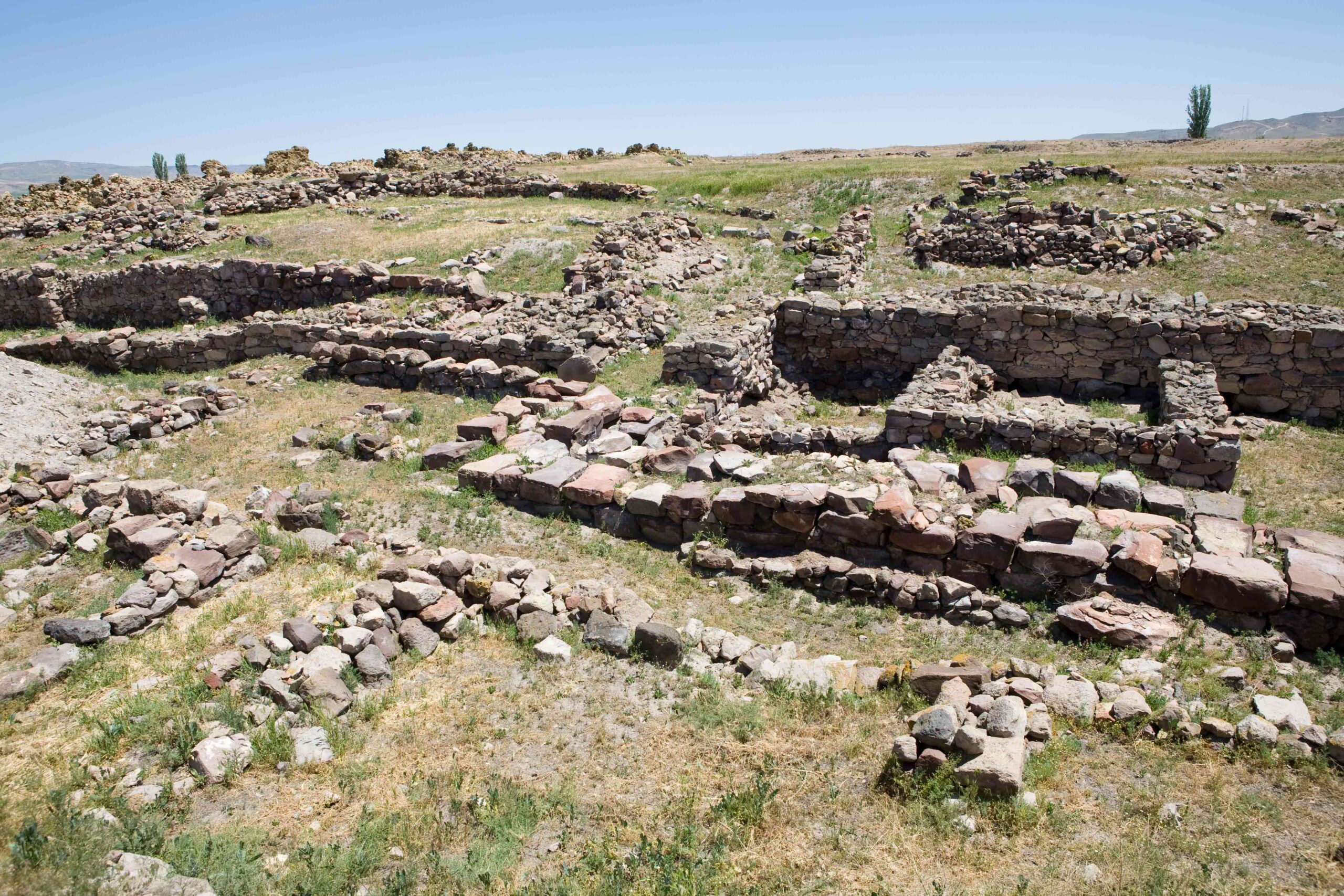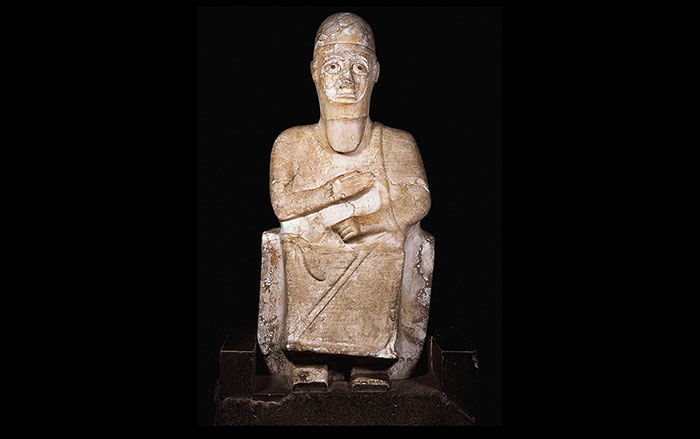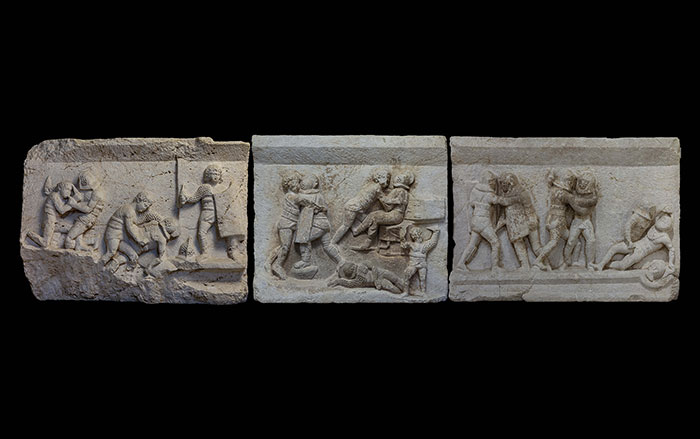KAYSERI PROVINCE, TURKEY—Daily Sabah reports that a 4,000-year-old Assyrian clay tablet found in Anatolia records a marriage agreement that includes a plan for how to proceed in case of infertility. Researchers led by Ahmet Berkiz Turp of Harran University said the agreement provided for a hierodule, or a female slave, who would serve as a surrogate if the couple were not able to produce a child within the first two years of marriage. “The female slave would be freed after giving birth to the first male baby and ensuring that the family is not left without a child,” Turp said. To read in-depth about cuneiform tablets, go to “The World's Oldest Writing.”
Cuneiform Tablet From Anatolia Records Infertility Plan
News November 9, 2017
Recommended Articles
Features July/August 2021
The Ugarit Archives
Thousands of cuneiform tablets written in a distinctive script tell the dramatic story of a Bronze Age merchant city in Syria

Digs & Discoveries March/April 2018
The Mesopotamian Merchant Files

The World's Oldest Writing May/June 2016
Kings

Features November/December 2024
Let the Games Begin
How gladiators in ancient Anatolia lived to entertain the masses

-
Features September/October 2017
Painted Worlds
Searching for the meaning of self-expression in the land of the Moche
 (Courtesy Lisa Trever)
(Courtesy Lisa Trever) -
Letter from California September/October 2017
The Ancient Ecology of Fire
Lessons emerge from the ways in which North American hunter-gatherers managed the landscape around them
 (Justin Sullivan / Gettyimages)
(Justin Sullivan / Gettyimages) -
Artifacts September/October 2017
Gilded Copper Color Disc
 (Courtesy Illinois State Military Museum)
(Courtesy Illinois State Military Museum) -
Digs & Discoveries September/October 2017
White Horse of the Sun
 (Skyscan Photolibrary / Alamy)
(Skyscan Photolibrary / Alamy)


